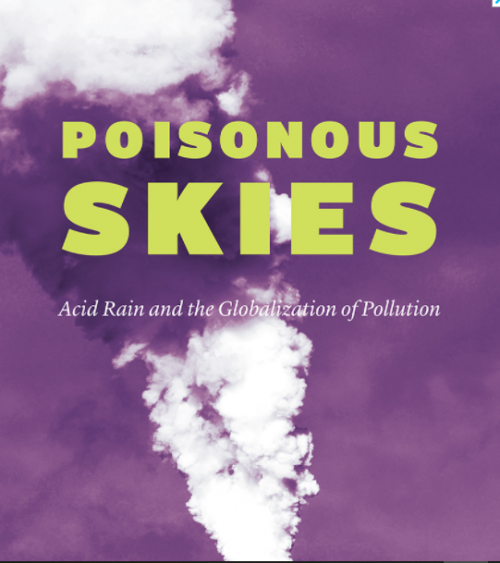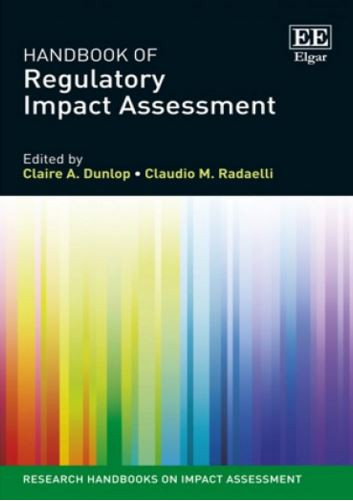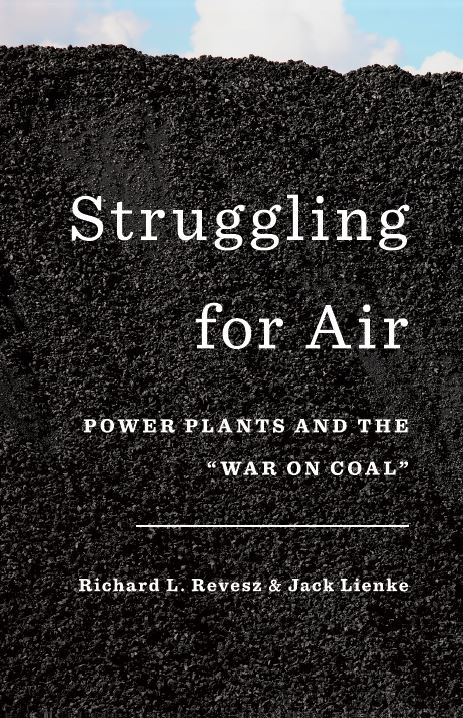-
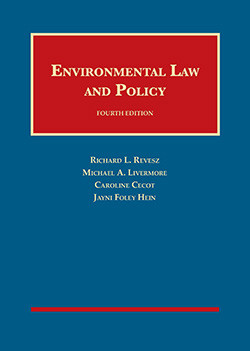
Environmental Law and Policy, 4th Ed.
This casebook emphasizes environmental policy, as well as the structure and details of the federal environmental statutes. It focuses students’ attention on how tradeoffs between environmental goals and social goals are resolved in different and difficult contexts. The book has been updated to reflect new developments in the law of natural resource management, water pollution, and climate change.
-
Poisonous Skies
Acid Rain and the Globalization of Pollution
Grounded in archival research spanning eight countries and five languages, as well as interviews with leading scientists from both government and industry, Poisonous Skies is the first book to examine the history of acid rain in an international context. By delving deep into our environmental past, Rothschild hopes to inform its future, showing us how much is at stake for the natural world as well as what we risk—and have already risked—by not acting.
-
Handbook of Regulatory Impact Assessment
Jason Schwartz, legal director at the Institute for Policy Integrity, authored a chapter in the new Handbook of Regulatory Impact Assessment. Schwartz’s chapter explores the varied applications and approaches to cost-benefit analysis in the context of regulatory impact assessment.
-
Struggling for Air
Power Plants and the “War on Coal”
Since the beginning of the Obama Administration, conservative politicians have railed against the President’s “War on Coal.” As evidence of this supposed siege, they point to a series of rules issued by the Environmental Protection Agency that aim to slash air pollution from the nation’s power sector. Because coal produces far more pollution than any other major energy source, these rules are expected to further reduce its already shrinking share of the electricity market in favor of cleaner options like natural gas and solar power. But the EPA’s policies are hardly the “unprecedented regulatory assault” that opponents make them out to be. Instead, they are merely the latest chapter in a multi-decade struggle to overcome a tragic flaw in our nation’s most important environmental law.
-
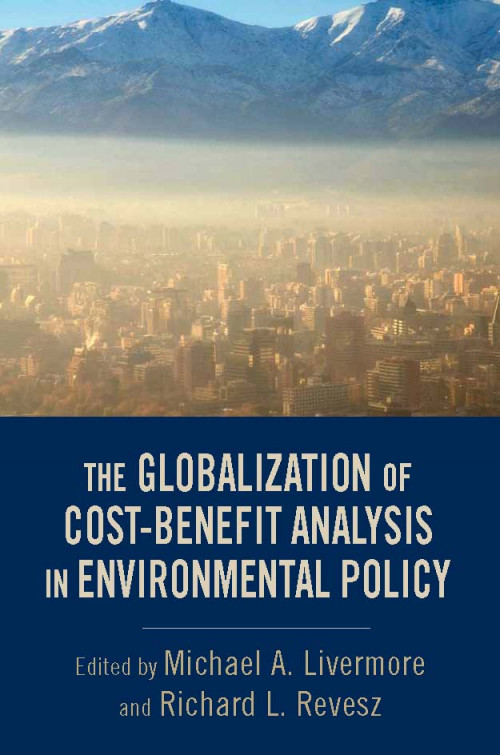
The Globalization of Cost-Benefit Analysis in Environmental Policy
The Globalization of Cost-Benefit Analysis in Environmental Policy examines how cost-benefit analysis can help developing and emerging countries confront the next generation of environmental and public-health challenges. Analysis in the book examines the growing reach of cost-benefit analysis; presents relevant case studies where cost-benefit analysis has been incorporated in the Americas, Africa, Middle East, and Asia; and includes a discussion on the conceptual and institutional issues that must be addressed when adopting cost-benefit analysis in developing and emerging countries. By providing both theoretical and practical discussion of this important new tool, this book makes a valuable contribution to the fields of environmental policy, development studies, and environmental law.
Viewing all publications in Books

